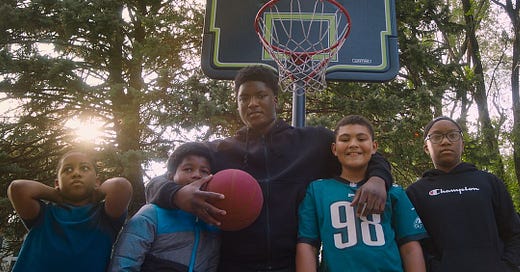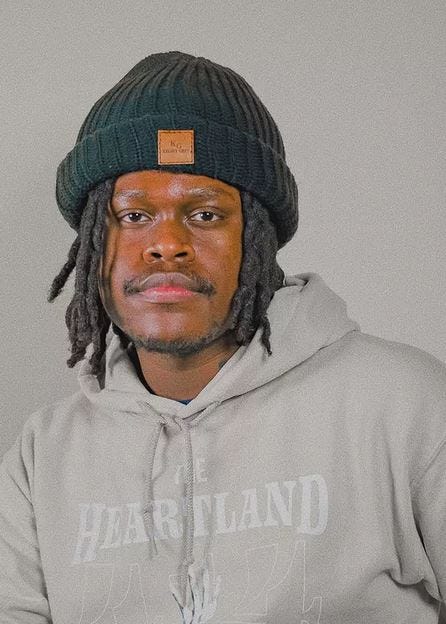Indy Film Fest: Marquise Mays, "The Heartland"
The Milwaukee-based director wanted to make a film that was a love letter reflecting the complicated relationship between Black kids and the city.
Highlighting both the joys and trials of growing up Black in the Midwest, three Black Milwaukee residents confront and reconcile the unrequited love between them and their city. Separated into three chapters, the film explores the childhood experience for Black kids. From the moments when they lost their innocence to the outward expression that defined their voices, Black kids in this city proclaim that Milwaukee will forever be theirs.
Click here for showtimes and tickets.
Tell me about your movie and why you wanted to make it.
The Heartland is a visual love letter reflecting upon the complicated relationship between Black kids and the city of Milwaukee.
I wanted to make this film to highlight a moment where Black kids decided to choose this city and consider it home, even when this city made it very clear that it didn’t think the same, robbing many of us the opportunity to be children.
To lay claim to something. To be proud of the place you choose to call home isn’t a reality for many Black Americans who fall victim to white supremacy & systems put in place to deny them of their birthrights. This film acknowledges those systems put in place, but also showcases how Black kids choose to prevail and survive in a place that doesn’t want to see them live normal childhoods.
As a filmmaker, how do you feel about the shifting of viewership from theatrical to online during pandemic? Do you think it’s permanent?
As a new filmmaker, I was introduced to the festival circuit through virtual viewership because of the pandemic. I never had the opportunity to participate in an in-person festival, so I don’t have any particular feelings about the shift. Virtual is all I know at the moment, but I am excited to see how in-person festivals begun to influence my work in the future! I’ve always been a fan of the curatorial and community nature of film festivals, but never got the opportunity to attend one because of COVID.
What I can speak to though, is that a hybrid viewership will be more common for the future of festivals. Folks, including myself, are ready to get back into the theaters. We took theaters and the community for granted, so as soon as it’s safe enough, people will be back in seats for sure. But, because of the pandemic, some people have become accustomed and comfortable with watching films at home, so a hybrid viewership option between attending in-person screenings & screening from home I believe will become the new norm.
What do you think is the role of film festivals like Indy Film Fest in this day?
There’s a wealth of stories in the Midwest. Stories of nuance and complexity. Stories that often go untold or pushed aside.
Festivals like the Indy Film Fest, not only prove that there’s a market in investing into Midwest Filmmaking, but that there’s a deep value & appreciation for independent moviemaking.
The role of film festivals should be to conjure a conversation about stories & narratives that allow us to think more critically about the lives we live. Films are suppose to give a voice to the voiceless & festivals are suppose to amplify those voices & allow them to finally speak for themselves.




